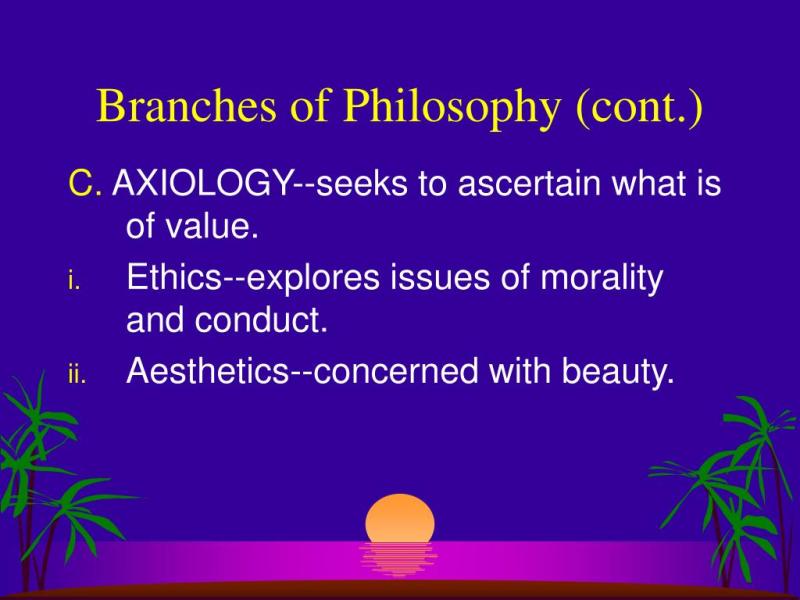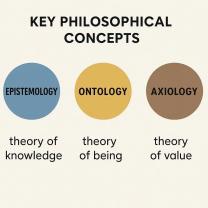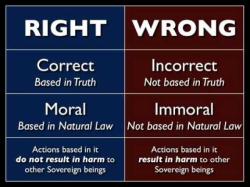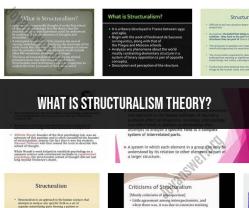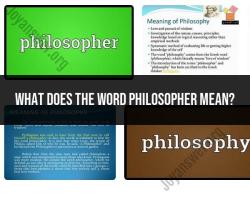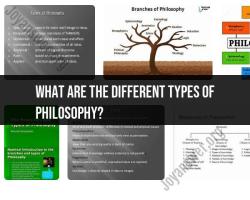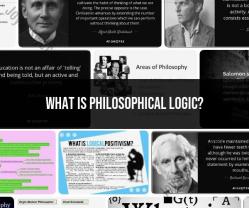What are the major and minor branches of Philosophy?
Philosophy is a broad field of study that explores fundamental questions about existence, knowledge, values, reason, mind, language, and more. It is often divided into major and minor branches, each addressing different aspects of human thought and inquiry. Here are the major and some notable minor branches of philosophy:
Major Branches of Philosophy:
Metaphysics:
- Examines the nature of reality, existence, and the fundamental aspects of being.
- Questions include the nature of time, space, causation, and the relationship between mind and body.
Epistemology:
- Investigates the nature, scope, and limits of knowledge.
- Examines how beliefs are formed, justified, and the nature of truth.
Ethics:
- Concerned with questions of morality, values, and principles.
- Addresses issues of right and wrong, good and bad, and the moral responsibilities of individuals and societies.
Logic:
- Studies the principles of valid reasoning and argumentation.
- Explores the structure of sound arguments and the nature of logical inference.
Aesthetics:
- Focuses on questions related to beauty, art, and the nature of aesthetic experiences.
- Explores the subjective and objective aspects of artistic expression.
Political Philosophy:
- Examines the nature and justification of political authority and the organization of societies.
- Addresses concepts such as justice, freedom, and the role of government.
Minor Branches (Not Exhaustive):
Philosophy of Mind:
- Investigates the nature of consciousness, mental processes, and the mind-body relationship.
Philosophy of Language:
- Explores the nature of language, meaning, communication, and linguistic representation.
Philosophy of Science:
- Examines the foundations, methods, and implications of scientific inquiry.
Philosophy of Religion:
- Explores questions related to the existence of deities, the nature of faith, and the relationship between religion and reason.
Philosophy of Education:
- Examines the nature and aims of education, the philosophy of teaching, and the role of education in society.
Philosophy of Technology:
- Explores the ethical and metaphysical implications of technology and its impact on society.
Philosophy of History:
- Investigates the nature of historical explanation, causation, and the philosophy of history as a discipline.
Environmental Philosophy:
- Addresses ethical and metaphysical questions related to the environment, ecology, and human interactions with nature.
Medical Ethics:
- Explores ethical issues in medicine, healthcare, and biomedical research.
These branches often overlap, and philosophers may specialize in multiple areas. The classification of branches can vary, and different scholars may emphasize different aspects of philosophy based on their interests and perspectives.
Differences between Metaphysics and Epistemology:
Metaphysics is concerned with the fundamental nature of reality, existence, and being. It investigates questions like:
- What is the ultimate nature of reality?
- What exists?
- What are the properties of the things that exist?
- What are the laws that govern the universe?
Epistemology is concerned with the nature and limits of knowledge. It investigates questions like:
- What is knowledge?
- How do we acquire knowledge?
- What are the limits of our knowledge?
- How can we distinguish between true and false beliefs?
Here's a table summarizing the key differences:
| Feature | Metaphysics | Epistemology |
|---|---|---|
| Focus | Nature of reality | Nature of knowledge |
| Questions | What is the ultimate nature of reality? What exists? | What is knowledge? How do we acquire knowledge? |
| Methods | Logic, thought experiments, analysis of concepts | Logic, analysis of concepts, thought experiments, empirical observation |
| Branches | Ontology, cosmology, philosophy of mind | Philosophy of science, philosophy of language, philosophy of religion |
Differences between Ethics and Aesthetics:
Ethics is concerned with the study of right and wrong, morality, and the nature of good and evil. It investigates questions like:
- What is the right thing to do?
- What makes an action right or wrong?
- What are the moral principles that should guide our actions?
- What is the foundation of morality?
Aesthetics is concerned with the study of beauty, art, and the appreciation of beauty. It investigates questions like:
- What is beauty?
- What makes something beautiful?
- What is the relationship between art and beauty?
- What is the purpose of art?
Here's a table summarizing the key differences:
| Feature | Ethics | Aesthetics |
|---|---|---|
| Focus | Morality and right/wrong | Beauty and art |
| Questions | What is the right thing to do? What makes an action right or wrong? | What is beauty? What makes something beautiful? |
| Methods | Moral reasoning, ethical arguments, analysis of moral concepts | Analysis of art and beauty, philosophical theories of art and beauty |
| Branches | Moral theory, applied ethics, bioethics | Philosophy of art, film theory, literary theory |
It's important to note that these distinctions are not always clear-cut, and there are overlaps between these branches of philosophy. For example, some ethical theories draw on metaphysical assumptions about the nature of the world. Similarly, some aesthetic theories draw on ethical concepts of good and evil.
